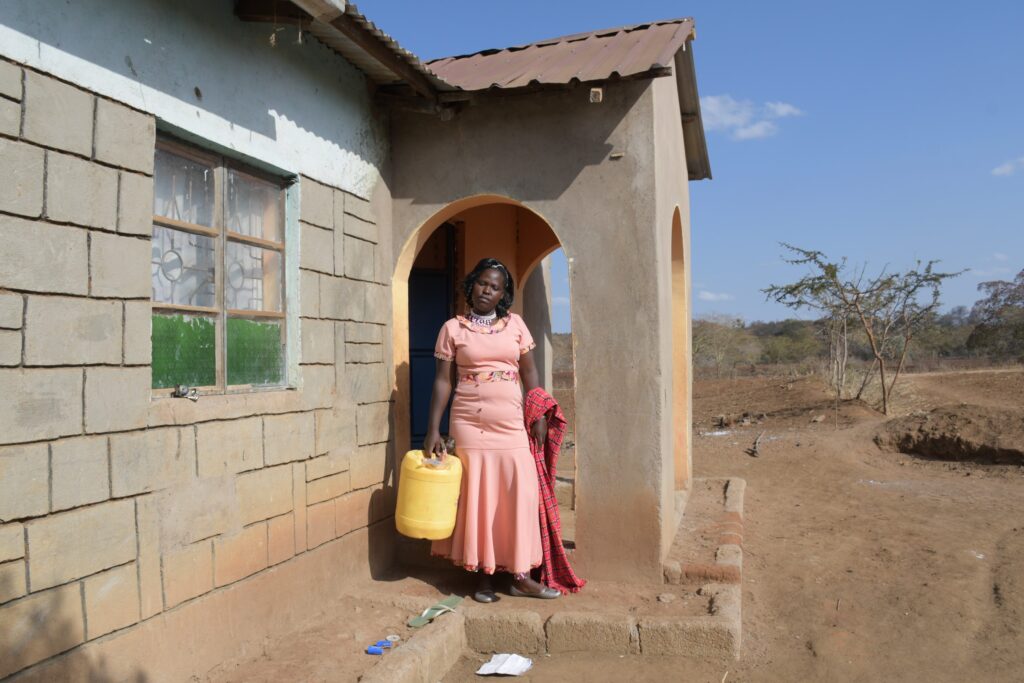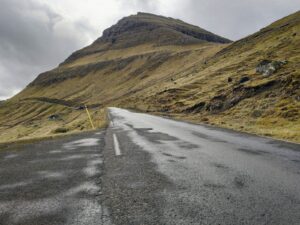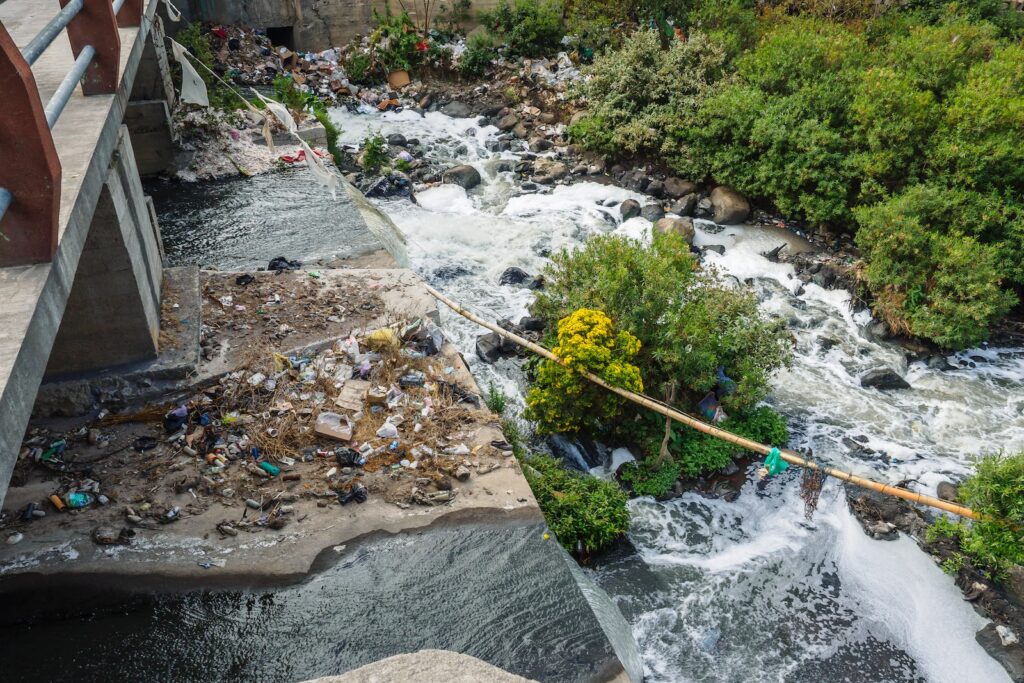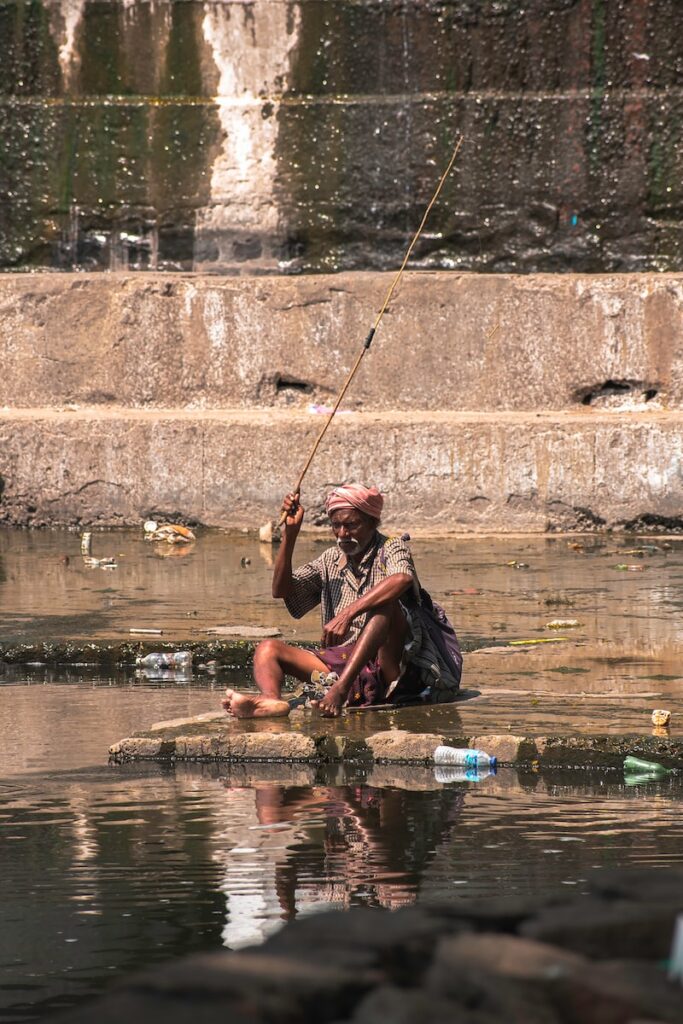Scarcity, waste and misuse on World Water Day: Inside a crisis
Two-thirds of the planet experience at least one month of water shortages each year. Meanwhile, in the wet and rainy UK, a new House of Lords report accuses suppliers, regulators and the Government of failing to protect infrastructure, excessive waste and illegal pollution amounting to gross negligence.
This woeful management of vital resources poses an immediate risk to the environment, and threatens Britain’s long-term water security. But if business as usual could well mean running out of drinking and bathing supplies, why are so few people listening?

Late-February our newsroom worked a story that paints a terrifying picture of the UK’s water pollution problem. Without repeating ourselves, data analysis showed just 14% of rivers now meet ‘good’ environmental standards. Our coastal areas have sunk to the bottom five regions in Europe for swimming conditions. And, each year, 6m hours of sewage flooding occurs.
In reality, though, this is just the tip of a huge iceberg. An analogy that’s particularly fitting given most of the problem is still ignored, if not completely unnoticed. Nevertheless, despite petty grievances with the weather, Britain doesn’t have much elbow room when it comes to looking after water supplies. In fact, the country is rapidly running out.
According to Environment Agency Chief Executive, Sir Jame Bevan, we could be near-dry by 2050. Climate change has much to answer for. By 2040, more than half of the country’s summers will be hotter than they were in 2003. A decade after that, our population could reach 75m, up from 67m at the time of writing. These more arid conditions, coupled with more mouths needing a drink, may spell disaster.
The 2020 National Audit Office Report certainly does. According to this analysis, parts of southern and south east England will run out of water by 2040 unless something is done. Not least getting Defra to change its policy of leaving water companies to promote responsible consumption among customers. Disappointingly, the Environment Agency itself doesn’t always seem committed to running a tighter ship, either.
As was widely reported in January, the organisation’s chairman Alan Lovell thinks fines for the companies responsible for sewage dumping are too high. Rather than £250m, something like £10-£15M would be more appropriate. That’s despite the fact existing eye-watering penalties don’t seem to deter culprits, with wastage and pollution continuing to rise.
A new House of Lords Committee Report, published today, The Affluent and the Effluent: Cleaning up the Failures of Water Regulation, lays bare the failings of UK water regulators, suppliers and government. Collectively, they have not treated water ‘with the care and importance it deserves’.
Ofwat, which oversees the sector, may now be assessed on performance in relation to statutory duties, investment, and approach needed to prevent overflow misuse. If that happens, the reviews are unlikely to be glowing. In the meantime, the Lords’ latest analysis contains the following findings:
*Ofwat has failed to ensure companies are investing sufficiently in water infrastructure, keeping bills low at the expense of maintenance
*Companies have been too focused on financial returns at the expense of the environment, industry performance, and financial sustainability – including continued payment of bonuses when firms are failing on targets
*No ‘joined-up’ approach to address the issues has been tabled by Government, which should be a priority
*Ofwat and the Environment Agency must go further to hold irresponsibility and negligence to account
In order to right these wrongs, several recommendations have been made. These include better Government guidance on how to handle a trade-off between economics in a cost-of-living crisis and urgent need to invest.
Legislation to introduce a single social tariff in time for the forthcoming Price Review on water is also needed. As is a National Water Strategy, outlining clear expectations and requirements relating to the quality of our water environment and resilience of supplies.
Elsewhere, wet wipes which do not rapidly biodegrade should be banned immediately. And funding should be maintained at a level adequate enough for the Environment Agency to conduct inspections and enforcement. Ofwat should also have the powers to prevent directors of companies responsible for serious pollution incidents from continuing to work in the sector. And, finally, metering should be compulsory for all households and businesses where possible.
From next month, UK water bills are set to increase substantially as it is. According to Water UK, the average annual charge will rise by around 7.5%, although some suppliers are preparing for increases of 10% and over. According to Mark Sait, founder SaveMoneyCutCarbon, the highest costs will be among residents of south west England.
This is because of population scarcity, meaning relatively low numbers of customers have to cover high costs, not least those associated with cleaning up the region’s extensive coastal waters. Businesses should also brace themselves. But there are some steps that can be taken to reduce usage, and bring charges down. These are:
*Replacing shower heads for Eco Smart models, saving up to 50% of water
*Installing water displacement bags in toilet cisterns, saving 1ltr of water per flush
*Fitting aerators to taps, leading to around half the standard flow, in turn saving on energy needed to heat water
Of course, all this is still coming from a position of privilege. While the expense and future security of water in the UK are worrying, much of the world is already caught in the grip of an unrelenting crisis. And this is only going to get worse.
According to figures from the United Nations, two-thirds of the global population face at least one month of water shortages each year. By 2030, supply will exceed demand by 40%. The non-profit CDP reports $301bn in business value is at risk from this emergency, and places the price of an effective response at $55bn.
The impact on people, and all forms of life on Earth, is already far greater. As is exemplified in The Walk To The Well. This social media-based narrative, now the longest Twitter thread in history, goes into painful detail about Ann’s 9KM daily walk just to reach clean water in Kenya.
Developed with the charity Just A Drop, it’s a damning indictment of a global failure to address a problem that has been spilling over for decades. Chillingly, it also offers a look at where the combination of rising temperatures and industrial negligence may take more people in the not-so-distant future. Take a look below.
I’m Ann and I have no choice but to walk 9km every single day, just to collect water.
How far can you get on my #WalktotheWell?
Scroll through the [thread] below now and ❤️ the tweet you reach to find out the distance you’ve walked.#WorldWaterDay pic.twitter.com/JXqh78Qgqx
— The Walk To The Well (@Just_a_Drop) March 13, 2023
Revisit Environment Journal‘s February report for more information on the 6m hours of sewage flooding in the UK each year.
Images: Just A Drop, Anna Ndemwa (Top) / Alexander Schimmeck (Middle) / Sanjeev Nagaraj (Bottom)
















